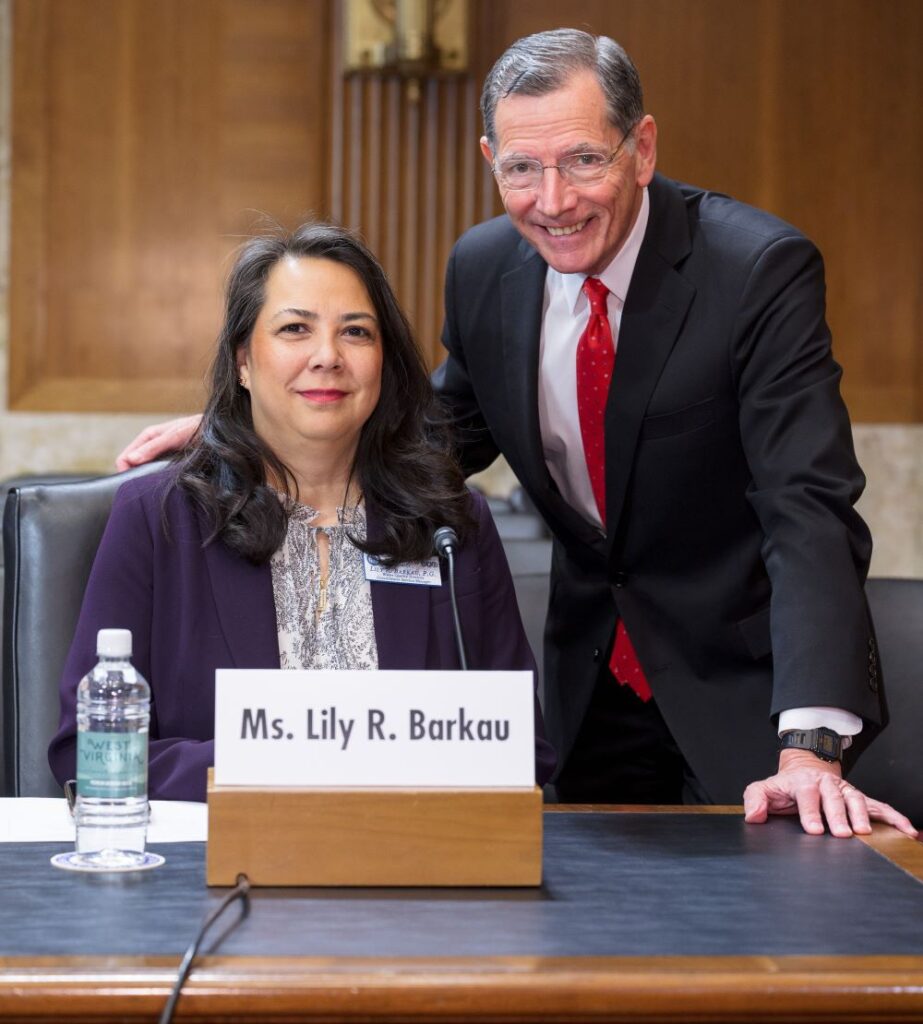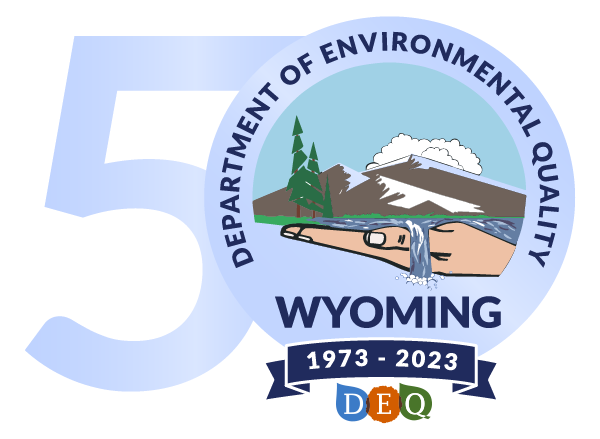By Kimberly Mazza

CHEYENNE, Wyo. – Lily Barkau, Groundwater Section Manager for the Wyoming Department of Environmental Quality (DEQ), testified before the Committee on Energy and Natural Resources (ENR) in Washington D.C. last week.
Ranking member of the Committee, U.S. Senator Jon Barrasso (R-WY) introduced and welcomed Ms. Barkau to speak on the opportunities and challenges in deploying carbon capture sequestration (CCS) utilization, and direct air capture technologies on federal and non-federal lands.
The DEQ’s Groundwater Section oversees the implementation of the underground injection control program. Barkau worked on the UIC Class VI primacy application with Wyoming receiving primacy of the Class VI program in Sept. 2020.
Barkau stated that Wyoming received primacy of the UIC program in 1983 for five classes of wells. “Our long history in implementing the UIC program demonstrates expertise and experience that is easily transferable to the Class VI program.”
Wyoming currently has 12 proposed Class VI wells that are in various stages of the permitting process. The DEQ anticipates issuing its first three Class VI permits for well construction by the end of the calendar year.
In her testimony Barkau pointed out that though Wyoming has refined a process that can readily issue a Class VI permit within a year to a year-and-a-half, there are many factors that may pose obstacles for Class VI permitting.
“CO2 storage on federal Lands needs further consideration due to the high concentration of federal lands in Wyoming. Large scale CCS projects are almost certain to implicate federal holdings generating questions about how federal land agencies such as the Bureau of Land Management (BLM) will approach CCS and access the pore space,” she said.
Presently federal law does not provide a legal definition or clarification of ownership of pore space in situations of split estate where the surface right is privately owned but the mineral rights are federally owned. Barkau pointed out that there is a need for clarification on pore space and unitization to support timely permitting of CCS projects.
Other factors Ms. Barkau touched on that need consideration for permitting timeliness included keeping authority roles and rules distinct between the two agencies, financial assurance through bonds for Class VI permits on federal lands, interstate pore space due to border proximity with Wyoming’s sedimentary storage space, Class VI aquafer exemptions, and federal funding for long-term Class VI programs.
To listen to Ms. Barkau’s testimony, click here.
